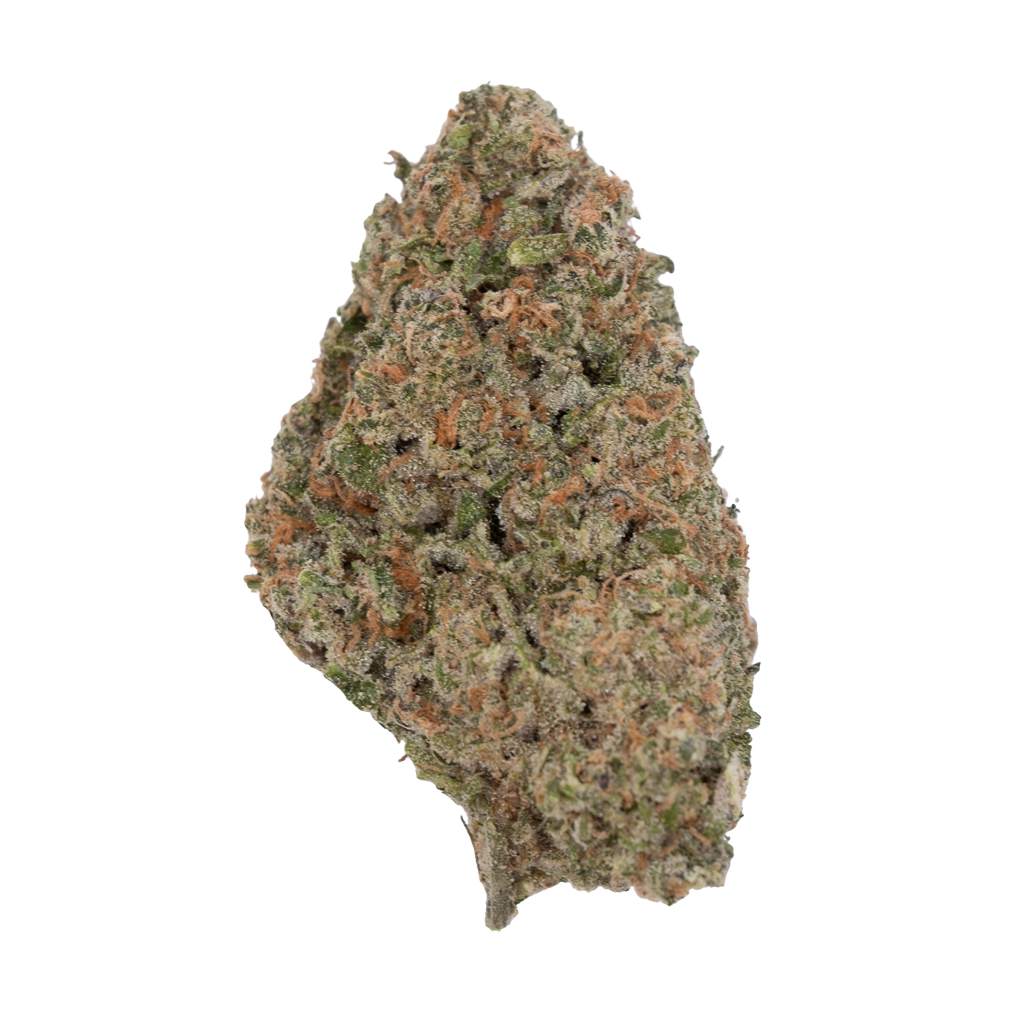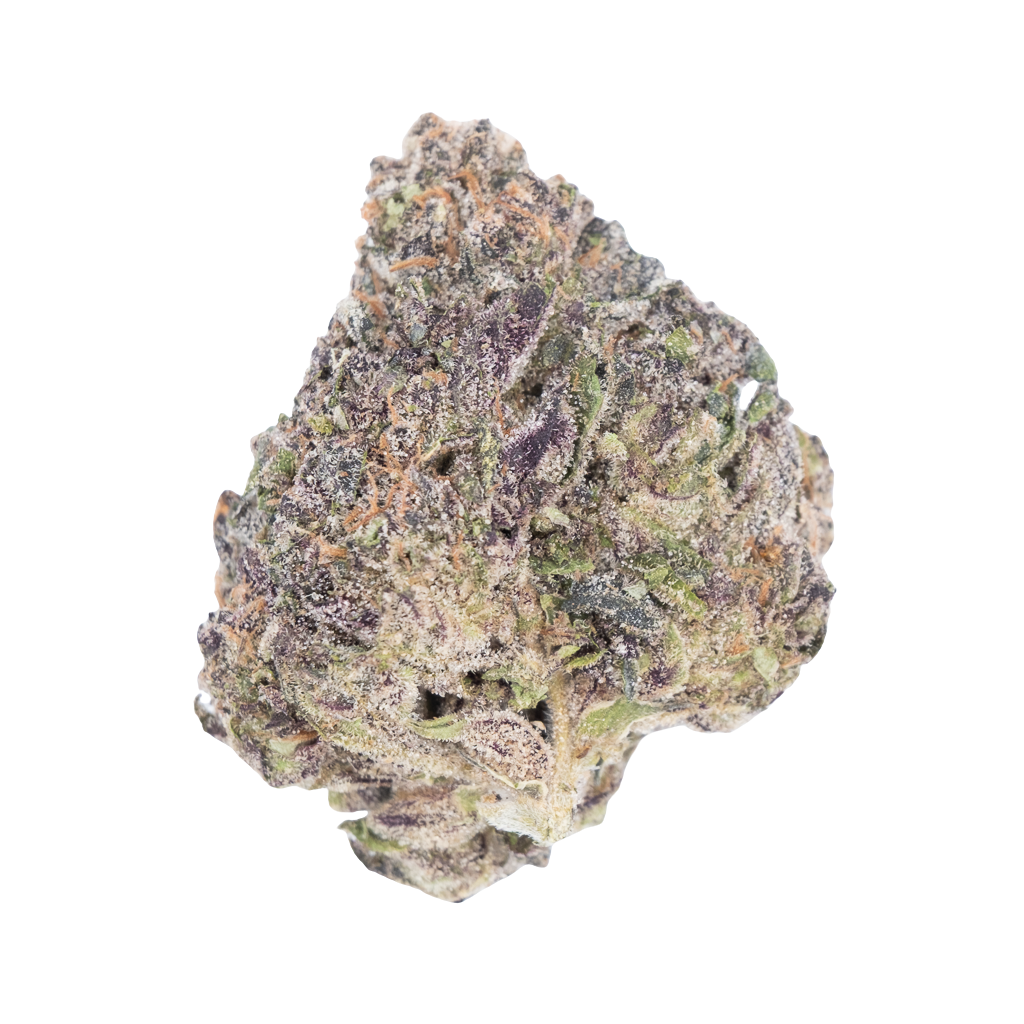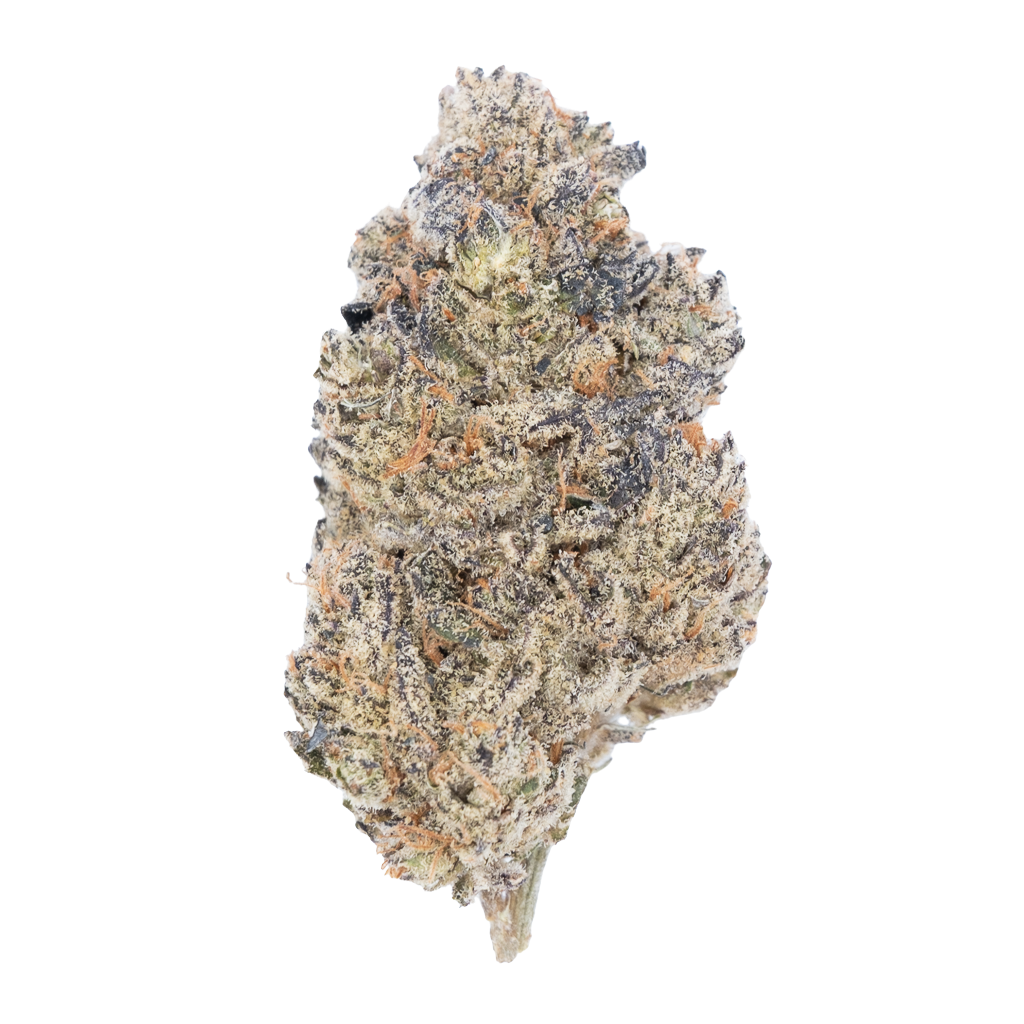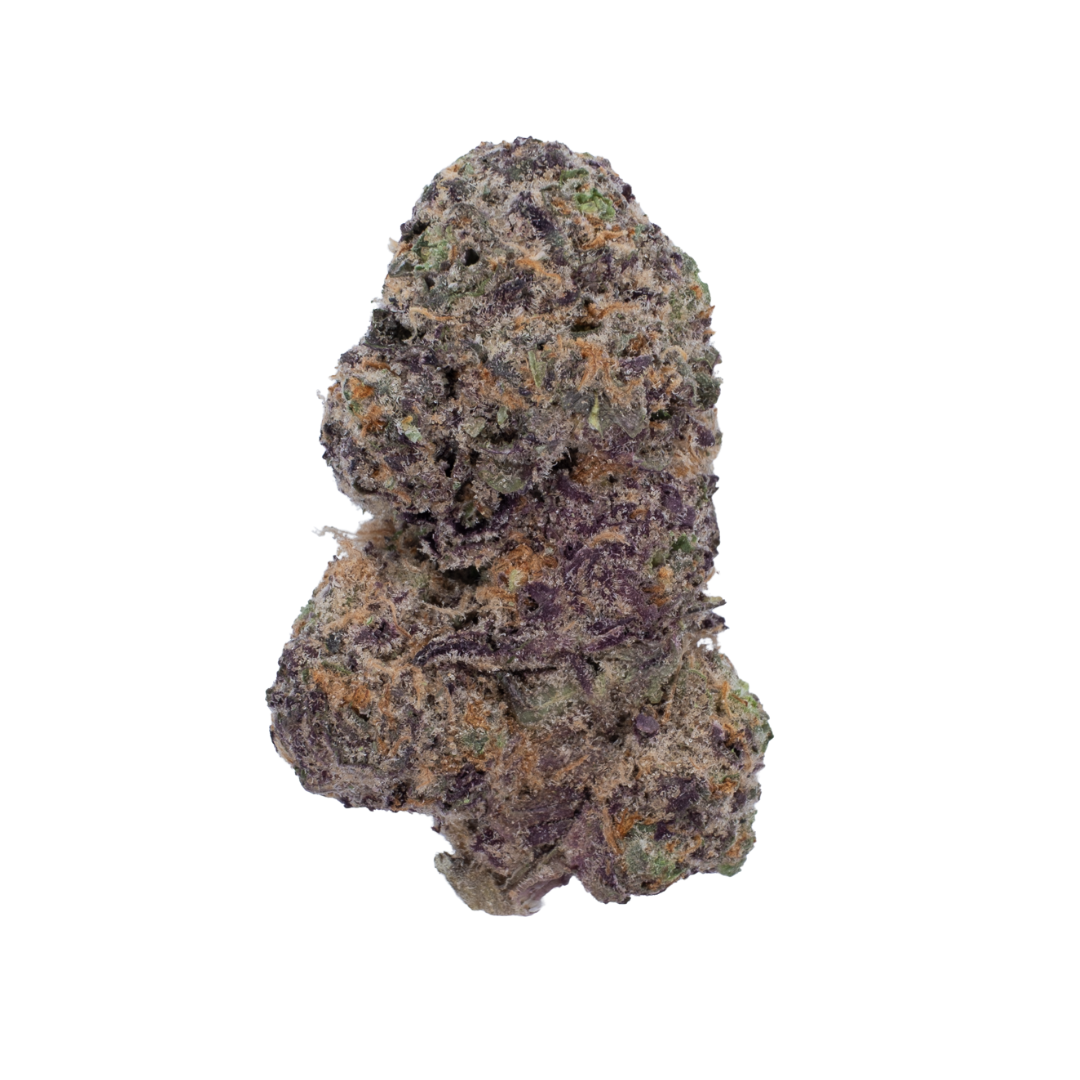As the popularity of THCA flower continues to surge across the U.S., many consumers are asking a simple—but important—question: Is this stuff sprayed with pesticides?
It’s a fair concern. THCA flower, which is cannabis that hasn’t yet been decarboxylated (heated) into THC, is often sold under the federally legal hemp market thanks to a technicality in the 2018 Farm Bill. But that legal loophole also comes with a catch:
There are little to no regulations or oversight on how THCA flower is grown—meaning consumers are left in the dark about what’s on their bud.
In this blog post, we’ll break down:
-
Why THCA flower falls into a regulatory gray area
-
The risks of pesticides and other contaminants
-
Why Tesoro Hemp holds itself to Oregon’s strict cannabis growing standards
-
How to shop safely for clean, high-quality THCA flower
THCA Flower: What Is It?
THCA (tetrahydrocannabinolic acid) is the non-psychoactive precursor to THC found in raw cannabis. When exposed to heat—via smoking, vaping, or baking—THCA converts into THC, the compound responsible for the high we associate with cannabis.
Because THCA is not intoxicating in its raw form, it technically qualifies as "hemp" under U.S. law if the product contains less than 0.3% Delta-9 THC by dry weight. This has opened the door for brands to legally sell high-THCA cannabis flower online and across state lines—even in states where traditional cannabis is illegal.
But here’s where things get tricky.
The Regulatory Gap: Hemp vs. Recreational Cannabis
Under current law, hemp and cannabis are regulated very differently:
-
Recreational/Medical Cannabis: Grown under strict state guidelines with mandatory testing for pesticides, heavy metals, mold, and other contaminants.
-
Hemp (including THCA Flower): Grown under far looser federal guidelines. Once a plant tests under 0.3% Delta-9 THC, it’s classified as hemp—with very little oversight from that point on.
In other words, THCA flower that looks and smells just like top-shelf cannabis does not need to follow the same safety protocols. That means:
-
No required pesticide testing
-
No contaminant screening
-
No transparency about growing practices
Unfortunately, many brands cut corners, prioritizing profit over safety. And the result is flower that looks premium but may be coated in harmful chemical residues.
Why Pesticide Use Is a Serious Concern
Pesticides may be a standard part of industrial agriculture, but when it comes to cannabis—especially cannabis that’s inhaled—they pose unique dangers.
🚫 Health Risks of Inhaled Pesticides:
-
Respiratory irritation
-
Immune system disruption
-
Neurological damage
-
Increased cancer risk
When pesticides are burned or vaporized, they can produce toxic byproducts far more dangerous than the original chemical itself. In states like California and Oregon, certain pesticides are banned from cannabis cultivation for exactly this reason.
But on the federally legal hemp market, there’s no comprehensive list of banned substances—and no routine testing required. That means your THCA flower could be contaminated with synthetic fertilizers, fungicides, or pest repellents without you ever knowing.
Tesoro Hemp’s Approach: No Shortcuts, Just Clean Cannabis
At Tesoro Hemp, we recognized the gap in oversight—and chose to rise above it.
Although our THCA flower qualifies as legal hemp, we grow and test it as if it were regulated recreational cannabis. That means:
-
Absolutely zero synthetic pesticides
-
Organic, sustainable growing methods
-
Clean, living soil and natural pest control
-
Independent third-party testing
Our growing practices are modeled after Oregon’s recreational cannabis regulations, which are among the most stringent in the country. Oregon requires:
-
Extensive testing for over 50 types of pesticides
-
Transparent lab results for every batch
-
Strict limits on heavy metals and microbial contamination
By emulating these standards, we ensure our customers are getting THCA flower that’s not only high in quality and potency—but also 100% safe.
What Should You Look for as a THCA Consumer?
Because the market is largely unregulated, the responsibility is on you to research the brands you buy from. Here’s what to look for when shopping for clean, safe THCA flower:
✅ Ask for Third-Party Lab Results
A reputable brand will provide Certificates of Analysis (COAs)
✅ Check Their Growing Philosophy
Look for mentions of:
-
Organic or sustainable farming
-
Pesticide-free cultivation
-
Indoor vs. outdoor grows (indoor typically offers more control)
✅ Avoid Vague or Overly Slick Marketing
If a brand isn’t transparent about how their flower is grown, it’s a red flag. Many companies focus on packaging and buzzwords but can’t back it up with clean lab reports.
✅ Choose Brands That Align With State Cannabis Standards
Even though it’s not legally required, the best THCA brands voluntarily hold themselves to the standards of regulated cannabis states like Oregon, Colorado, or California.
Why Clean Cannabis Matters More Than Ever
As the THCA market grows, so does the risk of misleading or unsafe products. Consumers deserve transparency, consistency, and most of all—safety. That’s why we founded Tesoro Hemp on a simple but powerful promise:
If it’s not safe enough for the regulated cannabis industry, it’s not safe enough for our customers.
We believe THCA flower should meet the same rigorous standards as recreational cannabis—not because it’s required by law, but because it’s the right thing to do.
Final Thoughts
THCA flower may be legal under federal hemp laws, but that doesn’t mean it’s all created equal. While many brands are taking advantage of loose regulations, others—like Tesoro Hemp—are setting a higher standard.
By adopting strict growing practices, third-party testing, and full transparency, we’re proving that it’s possible to deliver high-quality, federally legal cannabis that’s not only effective—but truly safe.
Don’t settle for shortcuts. Demand clean flower. Choose Tesoro.





0 comments